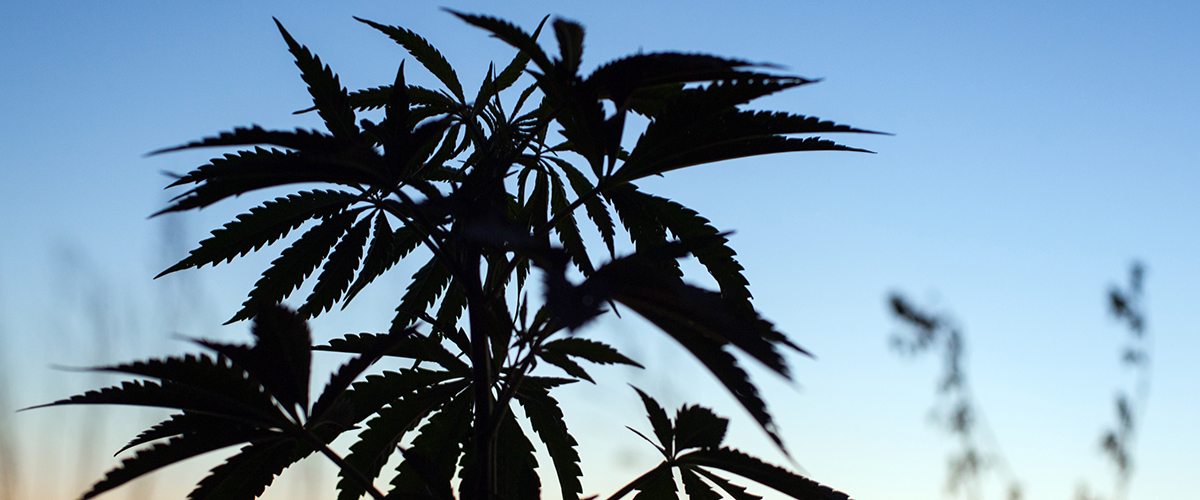[vc_row][vc_column][vc_column_text]
Florida Gov. Rick Scott signed into law a bill that allows universities to cultivate hemp for research pilot projects.
Florida is the latest state to pass legislation allowing for the growing of hemp. Gov. Rick Scott earlier this month signed the Industrial Hemp Pilot Projects bill (Senate Bill 1726) into law. The bill gives Florida A&M University (FAMU) and the University of Florida permission to conduct research pilot projects on growing and selling hemp.
“These universities may develop pilot projects to cultivate, process, test, research, create, and market safe and effective commercial applications for industrial hemp in the agricultural sector in this state,” the bill reads.
Hemp is a member of the Cannabis sativa L family, but unlike marijuana it contains only 0.3 percent or lower tetrahydrocannabinol (THC), the psychoactive chemical that causes a euphoric response. Grown for centuries for its seeds and stalks, hemp was once a staple crop and legal to cultivate in the United States until the 1930s. It can be used to produce a multitude of products, including food, paper, textiles, building materials, and body care products.
Under the new law, the universities will grow hemp in accordance to oversight by Florida’s Department of Agriculture and Consumer Services. A university’s board of trustees must authorize any research before a pilot project is implemented. Private partnerships will be made to help conduct and fund the research, and the hemp will be cultivated in rural areas of the state.
“There are a lot of companies that would like to get on board, so to speak,” said Dr. Robert Taylor, the dean and director of land grant programs at FAMU.
The universities will report their research findings back to the government in two years. At that time, the Legislature will consider legalizing hemp cultivation for farmers in Florida.
“[It would be an opportunity if universities] could actually count on [hemp] as a cash supplement, even between times when they’re growing whatever normally they would grow,” said Rep. Ralph Massullo, R-Beverly Hills.[/vc_column_text][/vc_column][/vc_row][vc_row][vc_column][vc_single_image image=”17466″ img_size=”1200×250″ onclick=”custom_link” img_link_target=”_blank” link=”https://www.medicalmarijuanainc.com/what-is-cbd-hemp-oil/”][/vc_column][/vc_row][vc_row][vc_column][vc_column_text]Despite the U.S. hemp market being valued at $688 million, hemp is a controlled substance under federal law, forcing nearly all American businesses to rely on hemp that is imported. In 2014, President Obama signed the Farm Bill, permitting states to pass hemp laws for research and pilot projects. Over 30 states have done so, including South Carolina which legalized the growing of hemp just last month.
Florida’s Industrial Hemp Pilot Projects bill had bipartisan support and was championed in the state Senate by Senator Bill Montford, and in the House by Rep. Dr. Ralph Massullo. Before being passed on to Gov. Scott for consideration, it was approved by the House with a 108-6 vote, and passed unanimously by the Senate with a 32-0 vote.
Medical Marijuana, Inc. uses imported non-GMO hemp for our cannabidiol (CBD) hemp oil products. A farming cooperative of 750 individual families in Northern Europe use centuries-old practices to cultivate our hemp without the use of chemical fertilizers, pesticides or herbicides.
You can learn more about the history of hemp in America here. Keep up with the growing legal cannabis industry by regularly visiting our news feed.[/vc_column_text][/vc_column][/vc_row]






